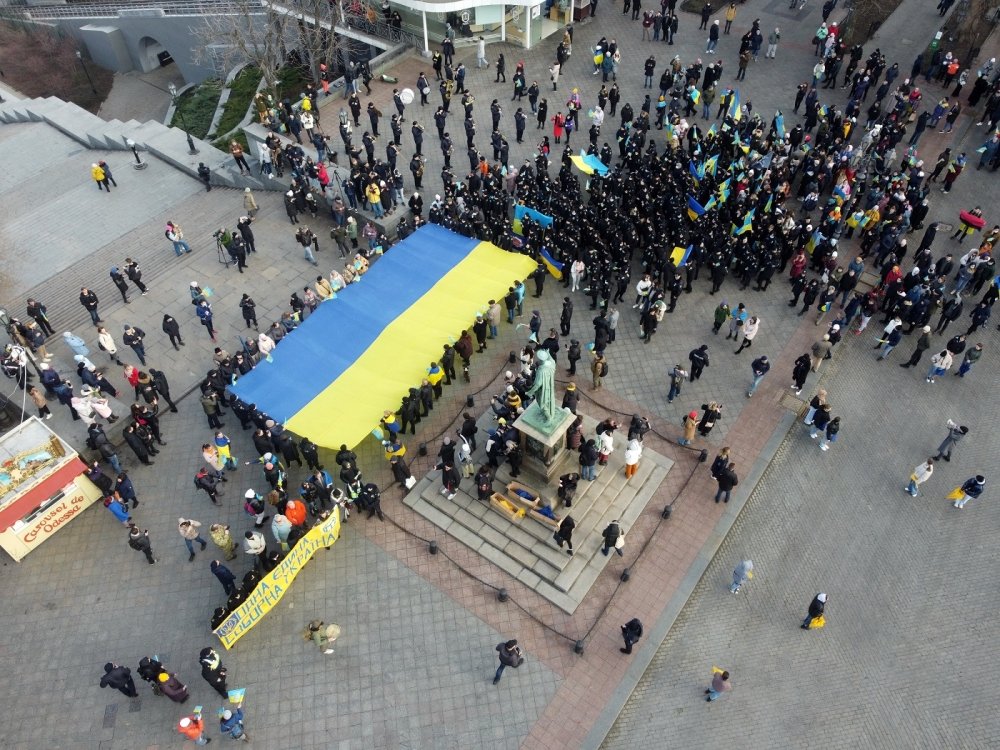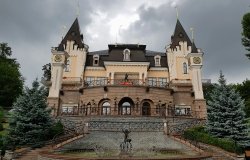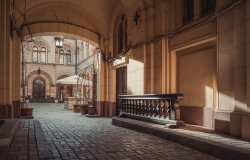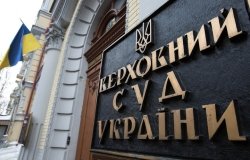
A blog of the Kennan Institute
Odesan Writers on War
BY BLAIR RUBLE
A month after Russia sent its troops into Ukraine, the prestigious literary quarterly the Paris Review published brief responses to the war by a dozen Odesan writers. Some authors wrote about the shock of war, others about a need to be in the city despite its dangers. Still others found solace in glimpsing seagulls flying over city streets as if there were no war. The impossibility of writing during war is a shared theme among many; the imperative to write united others. Each writer responded in ways both universal and very specific to Odesa.
Odesa has been a writer’s city from its founding in 1794 as a multicultural outpost of empire. The city’s Literature Museum has identified more than 300 writers who have significant connections to the city. The corpus of Odesa literature is noteworthy for having been written in several languages, including Russian, Ukrainian, Yiddish, Romanian, Greek, Italian, and even English.
Isaac Babel, Yevgeny Petrov, Ilya Ilf, Vera Inber, Ze’ev Jabotinsky, Valentin Kataev, and Yevgeny Petrov are among the most noteworthy Odesa authors. Many more—including Alexander Pushkin, Ivan Bunin, and Anna Akhmatova—have significant Odesa connections despite being better known for associations elsewhere. Odesan émigré writers—such as lyricist Lew Brown, poet Ilya Kaminsky, and sci-fi master Alex Shvartsman—carried the city’s culture with them in childhood relocation.
This tradition is not just historical. The best-selling contemporary satirist and novelist Andrey Kurkov began his writing career penning children’s literature while meeting his Soviet military obligation by serving as a prison guard in the city. As Ilya Kaminsky recounts for readers of the Paris Review, writing in Odesa begins early with distinguished local writers and journalists visiting schools to encourage children—such as Kaminsky—to write.
The Odesa Literature Museum is part of the story. In 1898 the city council rented the centrally located Palace of Prince Gagarin, turning it over to the Odessa Literary and Artistic Society. The society survived the vicissitudes of two world wars, the arrival of the Soviets, Romanian occupation, and Stalinism, collecting invaluable manuscript collections along the way. In 1977, the writer and bibliographer Mikita Oleksiiovich Brigyn joined with others to convince authorities in Kyiv to convert the club into a museum.
Open to the public and researchers, the museum nurtured a comprehensive vision of Odesan literature embracing multiple genres, languages and cultures. Its public lecture series and literary events promote local authors and traditions. This role took on expanded importance following independence when literature became a vehicle for establishing a distinct Ukrainian cultural identity. That identity, when viewed through the prism of museum activities and exhibits, is confidently multicultural.
Post-independence Odesa has been a city in which literature matters. The often tragic stories of Odesa’s authors are commemorated in memorial plaques and statues. A monument to Ilf and Petrov’s famous novel The Twelfth Chair is to be found on central Derybasivska street. Isaac Babel’s statue sits a few blocks away on Zhukovskoho street. Ivan Bunin, who has a major street named in his honor, has a monument on Zhukovskoho street.
The war has edged closer to Odesa since the Paris Review published its collection of literary conversations. Russian rockets have obliterated any sense of normality for those who remain. The Literature Museum is closed, yet its workers continue to celebrate International Museum Day, to post pieces about its collections on its website and Facebook page, and to set out as they do every spring to clean the winter’s detritus from the graves of writers resting in cemeteries of multiple faiths.
Odesa remains a city where writing matters. The city’s literary heritage preserved the various versions of the city’s past collected in vastly different historical eras by Odesans of marked range and variety. All remain “Odesan writers,” and as such, the city’s variety becomes its unity. Viewed within this larger storyline, today’s war is but another chapter in a vibrant literary culture certain to continue well into the future.
The opinions expressed in this article are those solely of the author and do not reflect the views of the Kennan Institute.
About the Author

Blair A. Ruble
Former Wilson Center Vice President for Programs (2014-2017); Director of the Comparative Urban Studies Program/Urban Sustainability Laboratory (1992-2017); Director of the Kennan Institute for Advanced Russian Studies (1989-2012) and Director of the Program on Global Sustainability and Resilience (2012-2014)

Kennan Institute
The Kennan Institute is the premier US center for advanced research on Eurasia and the oldest and largest regional program at the Woodrow Wilson International Center for Scholars. The Kennan Institute is committed to improving American understanding of Russia, Ukraine, Central Asia, the South Caucasus, and the surrounding region though research and exchange. Read more














